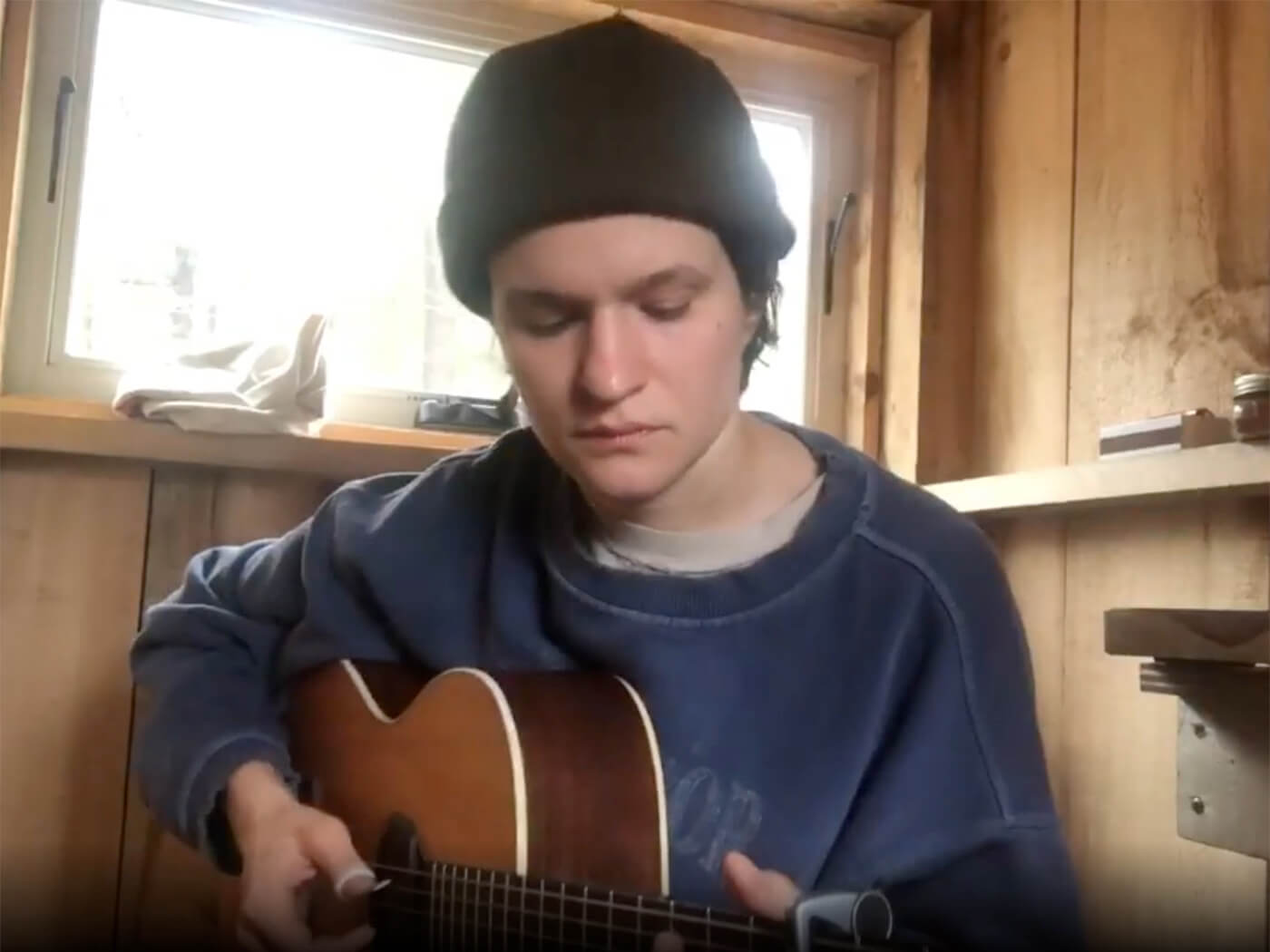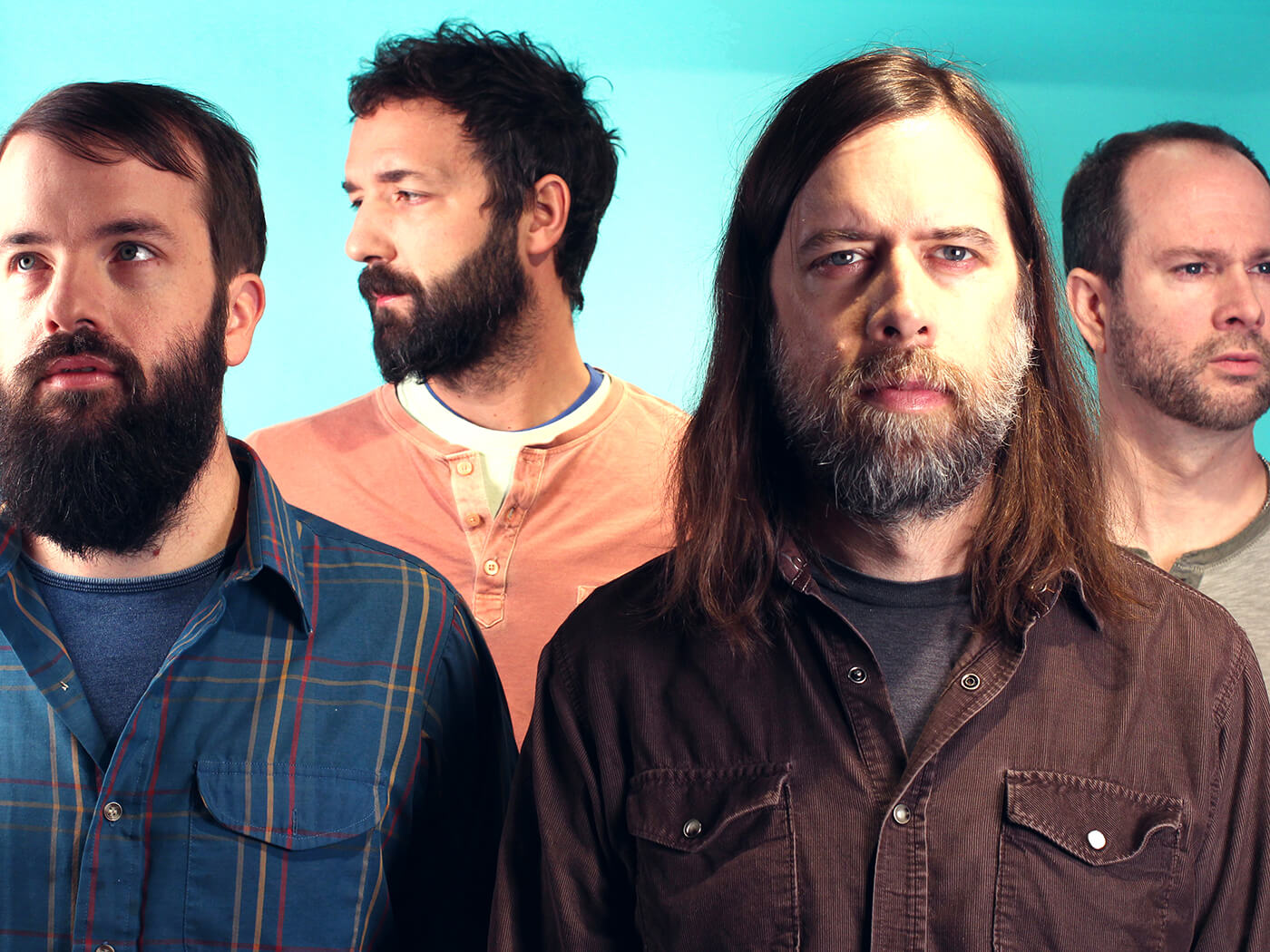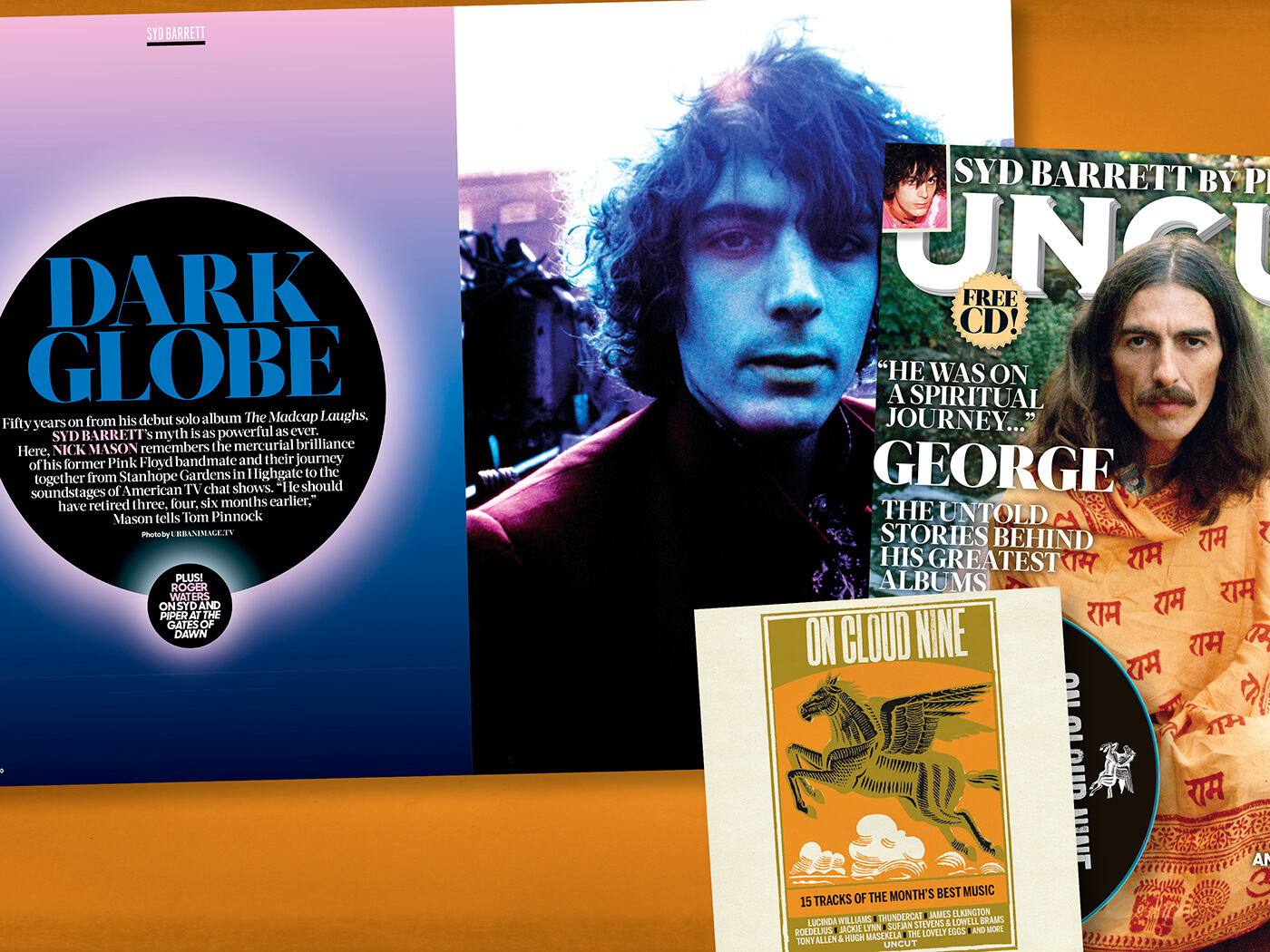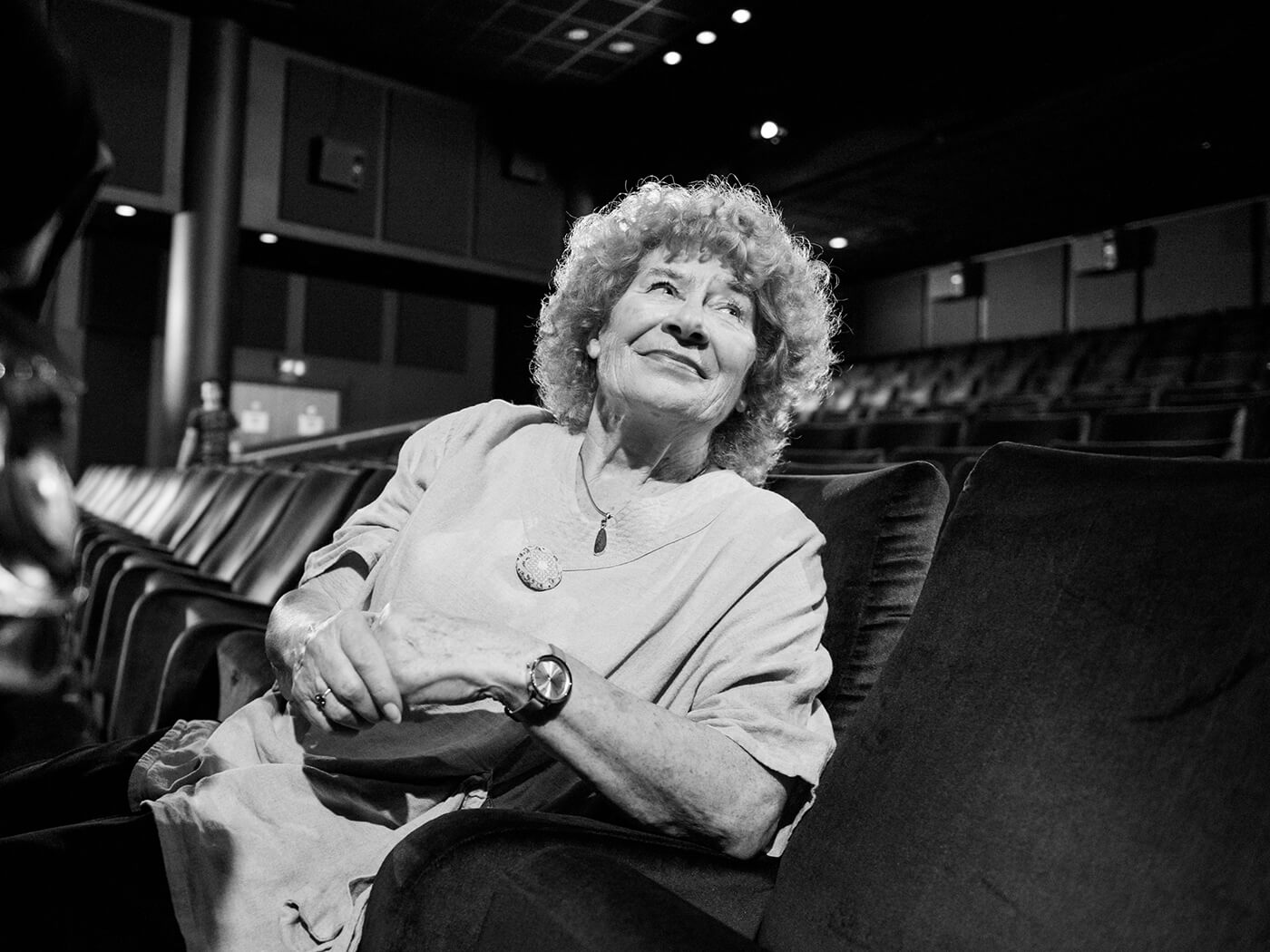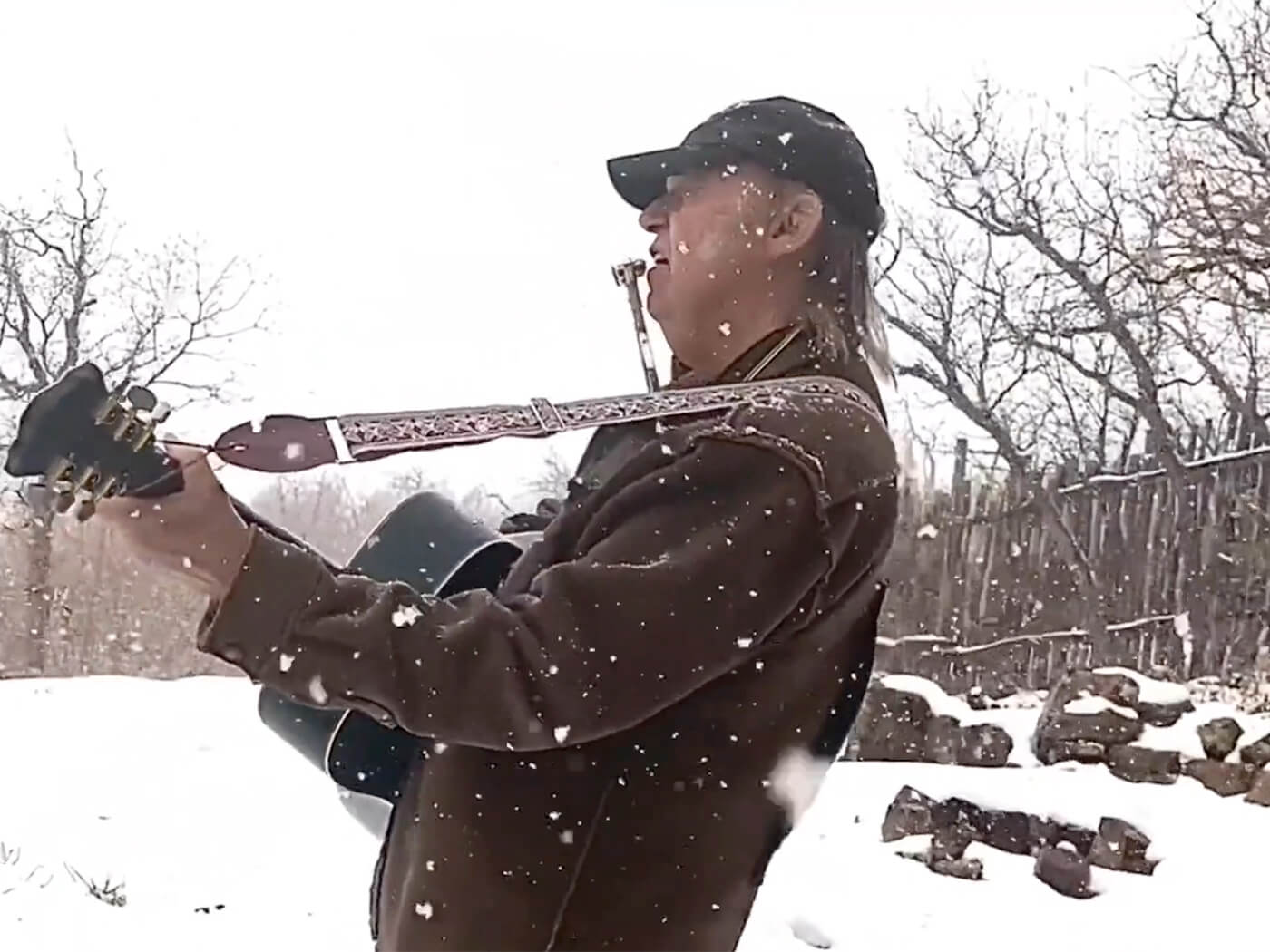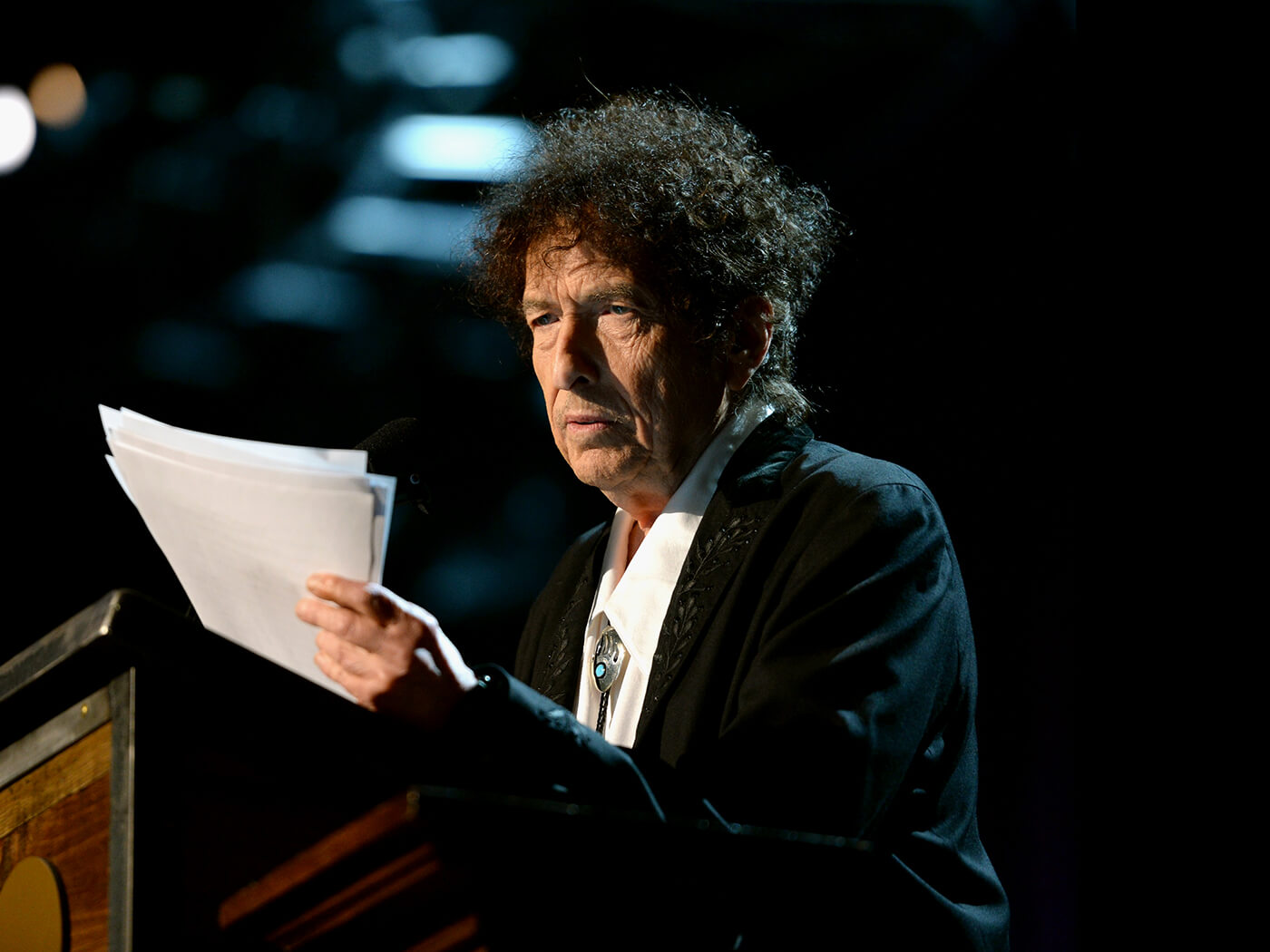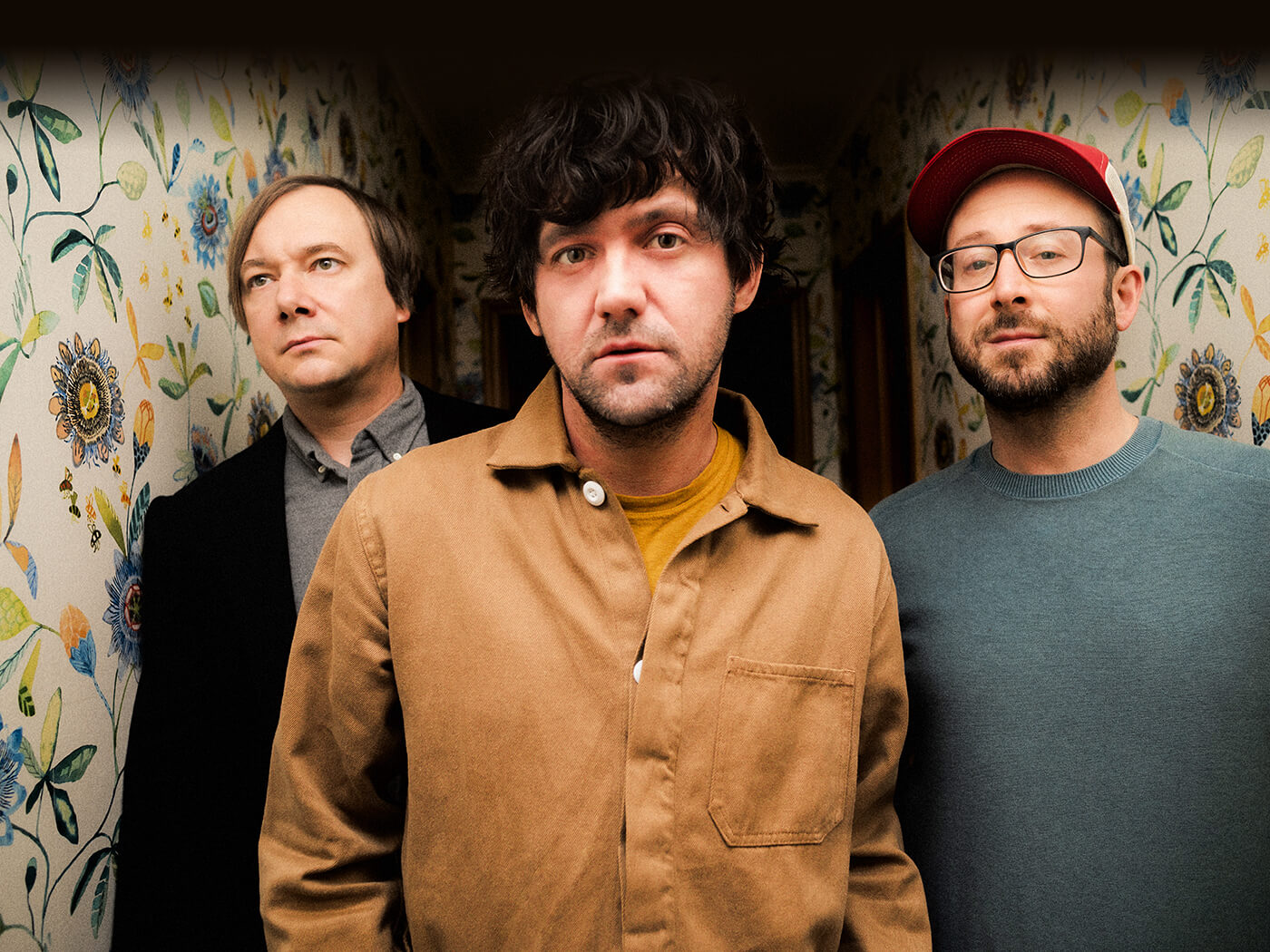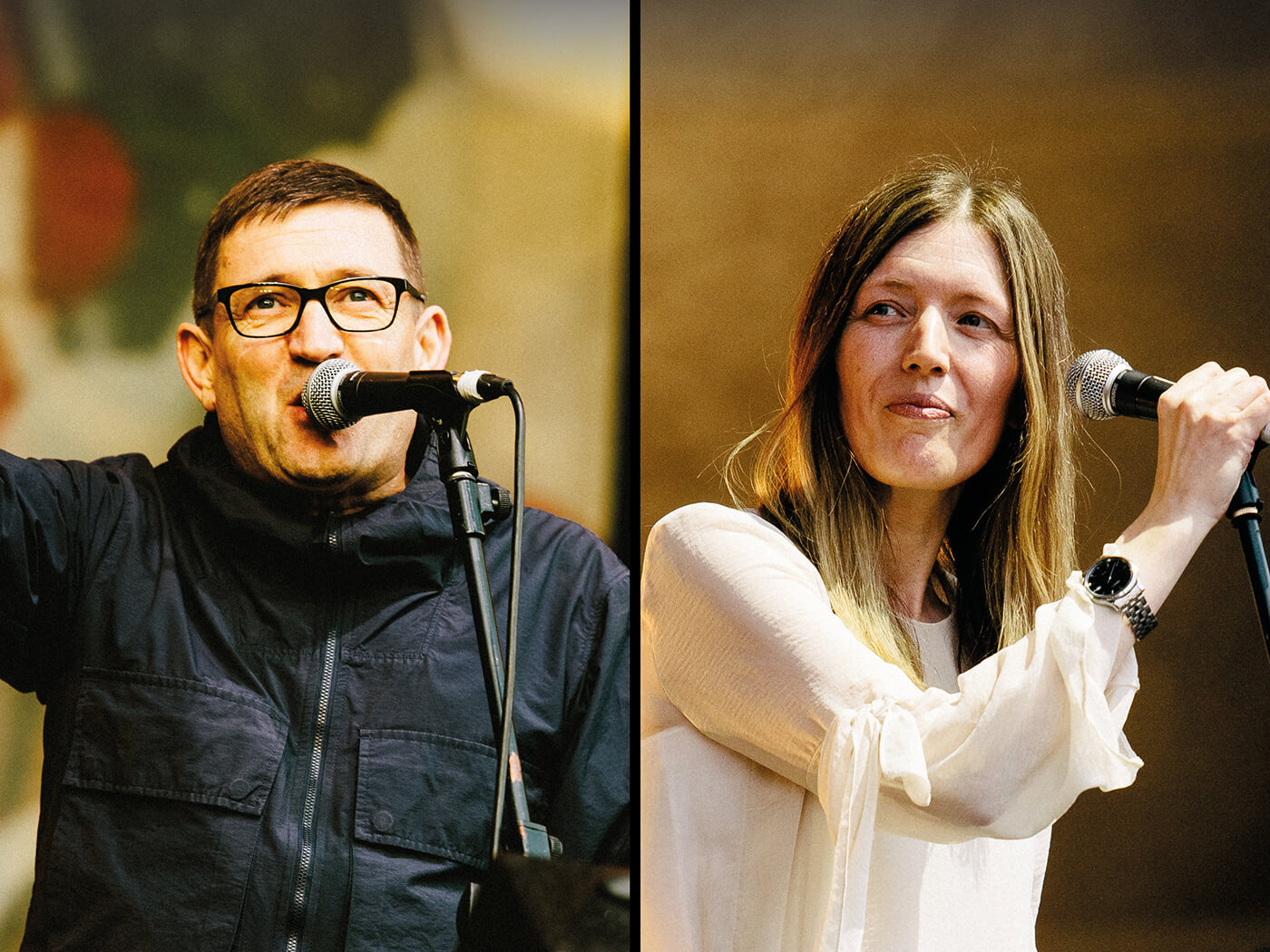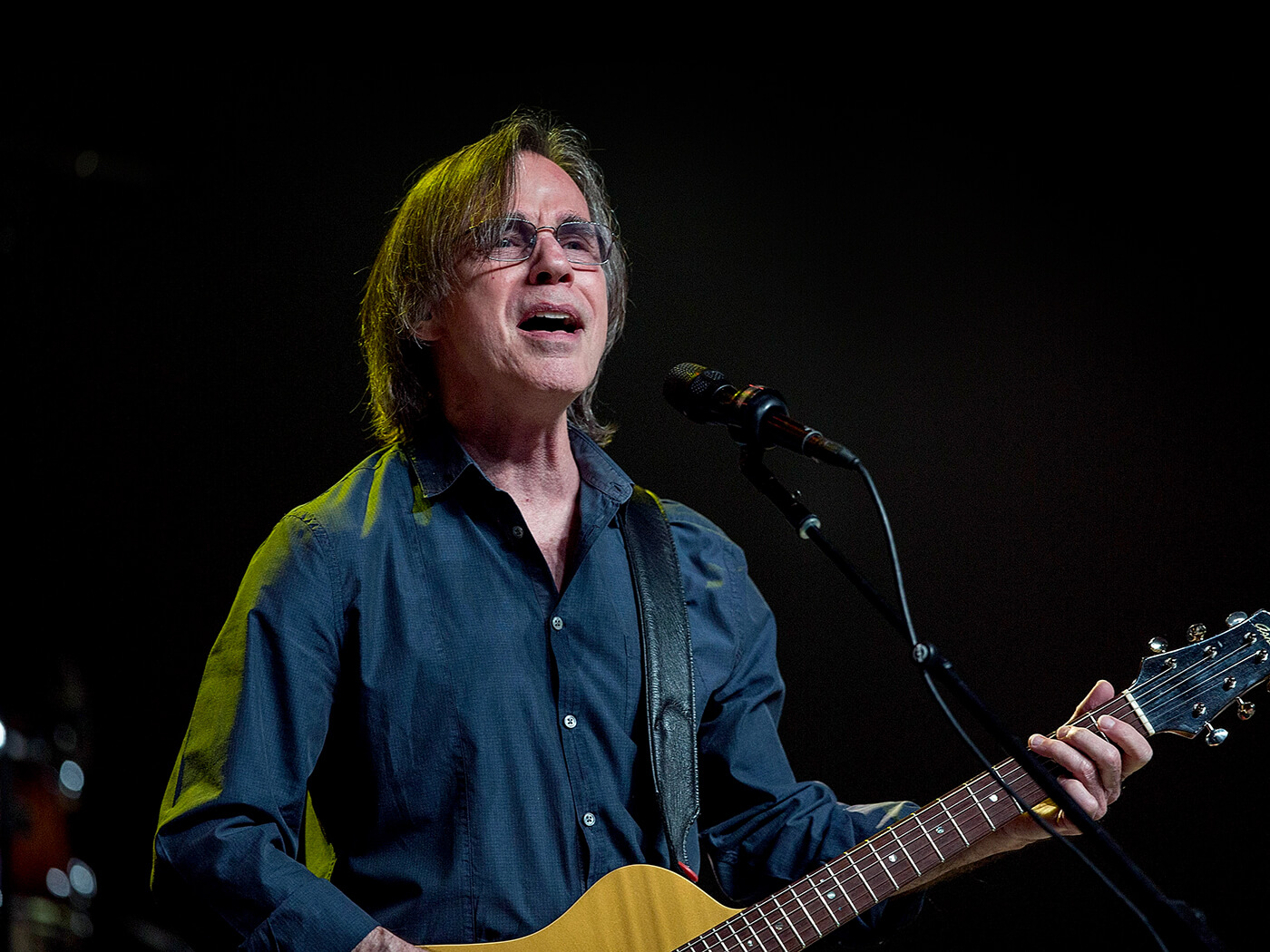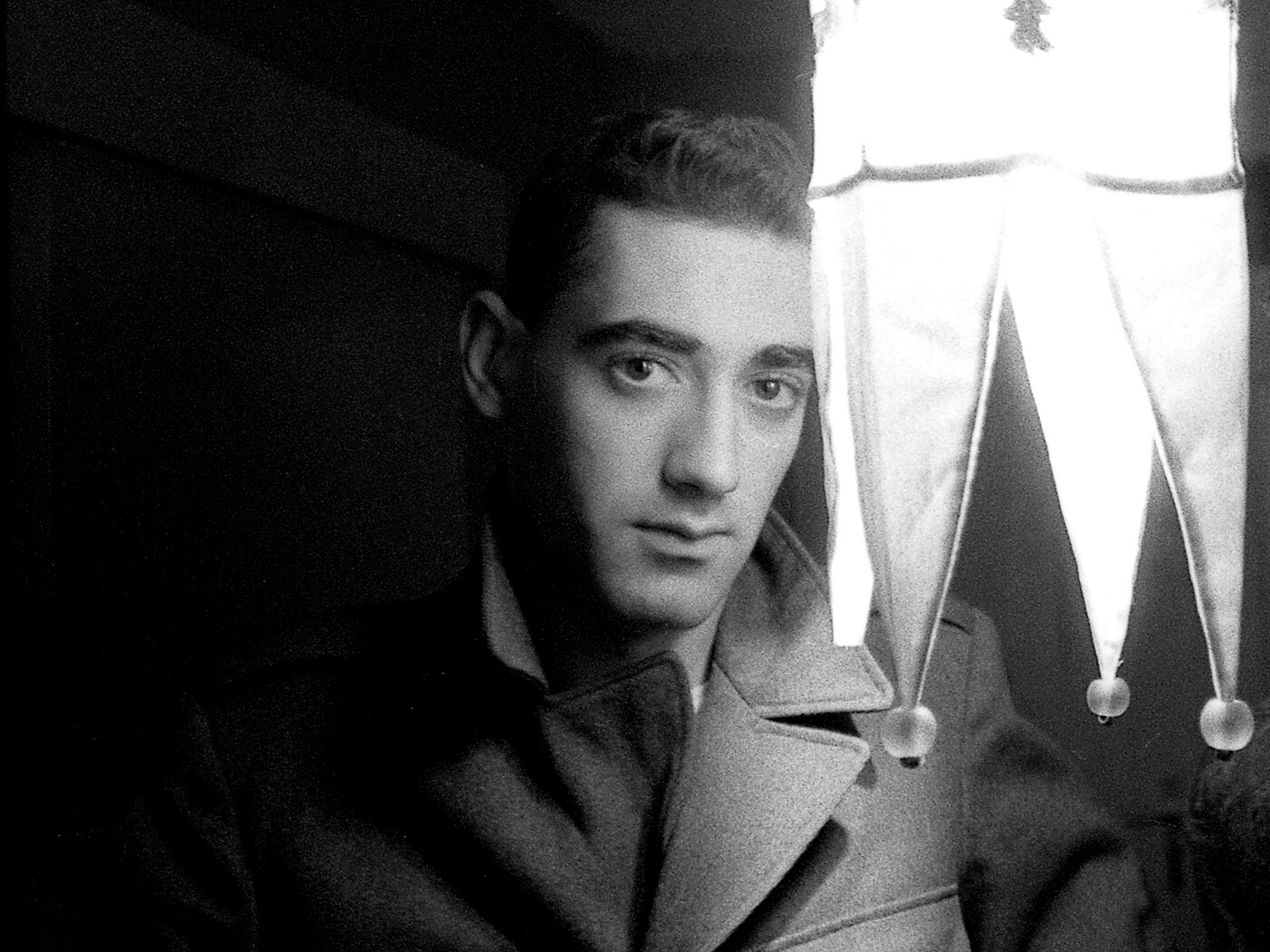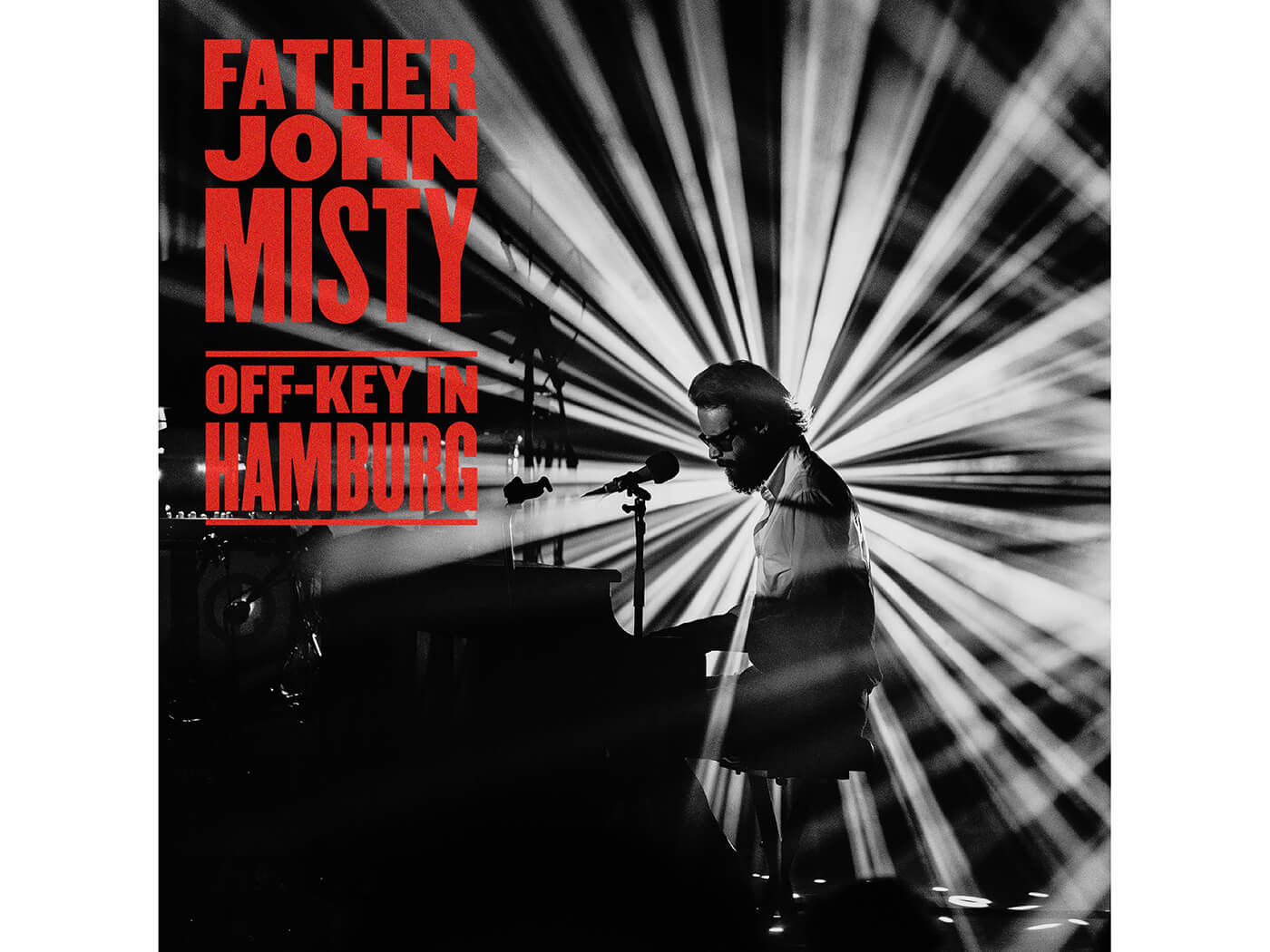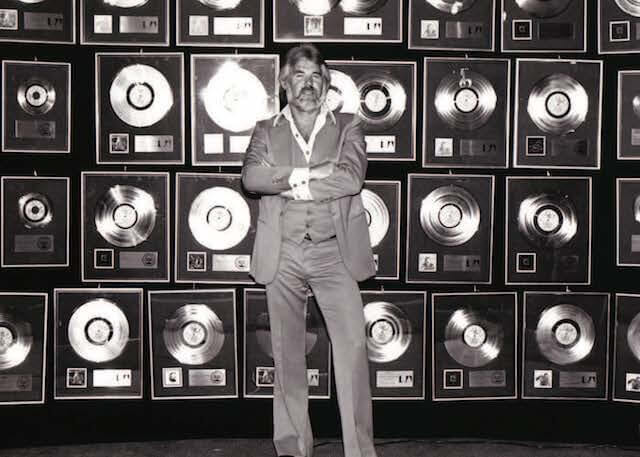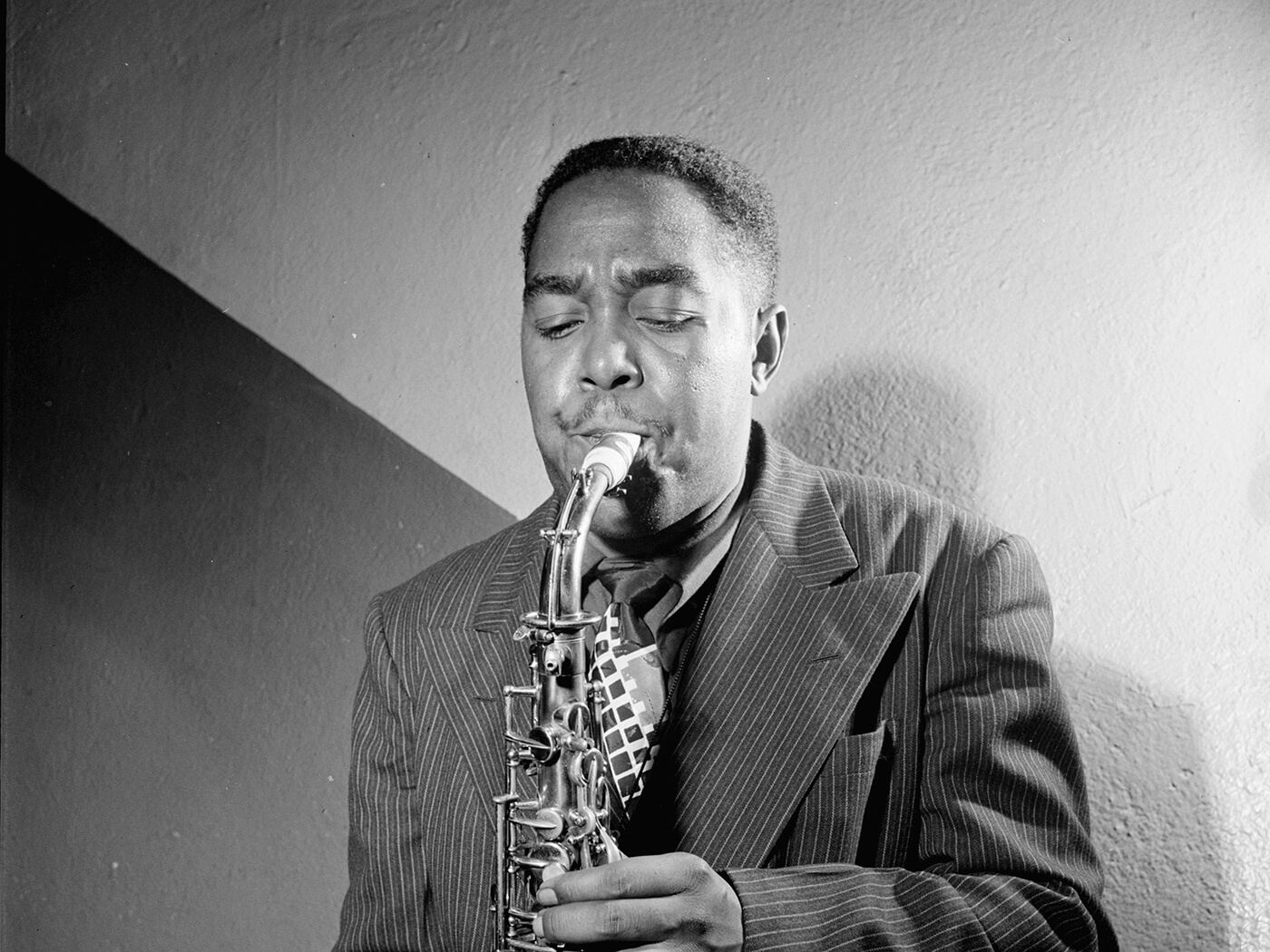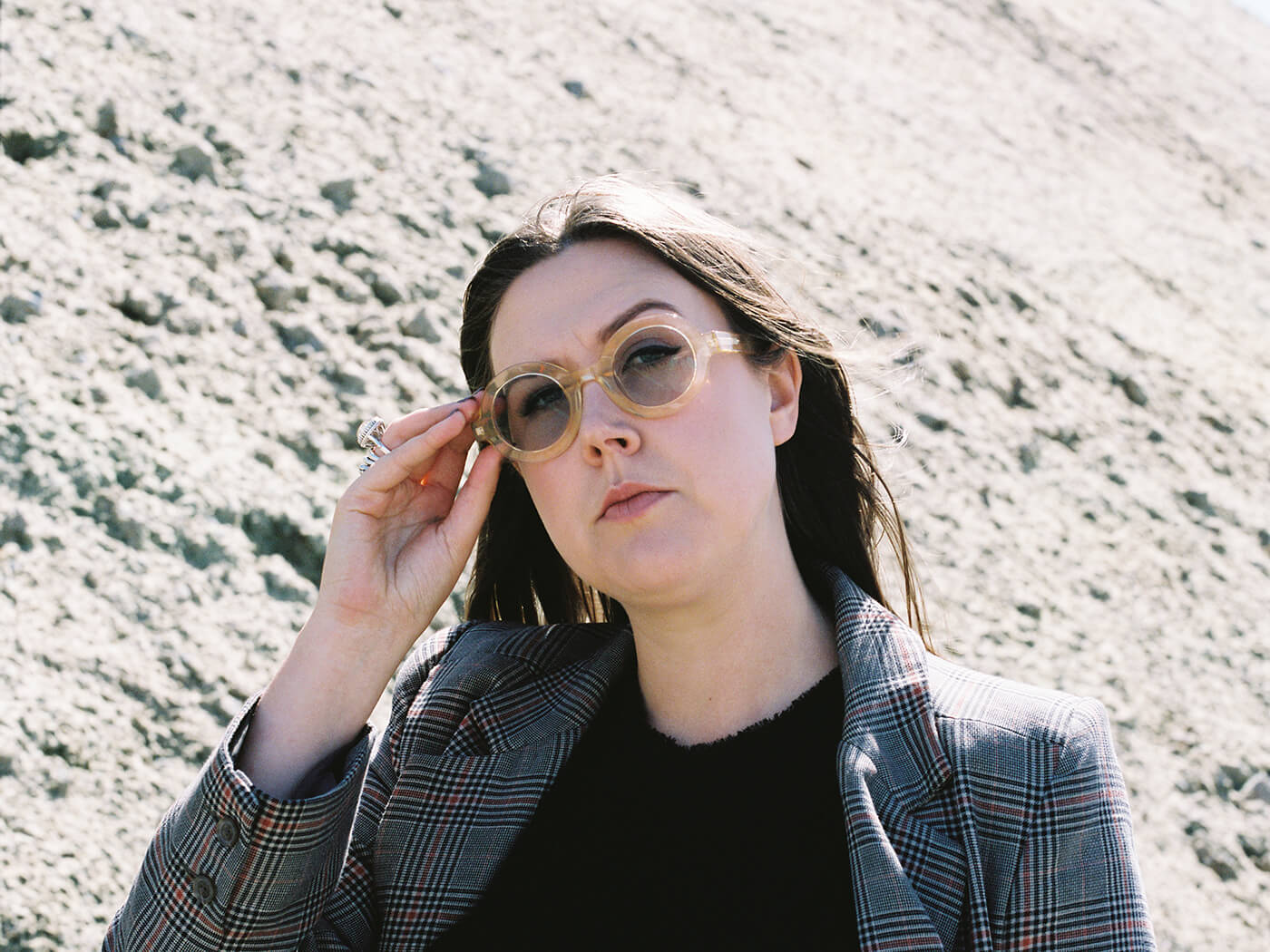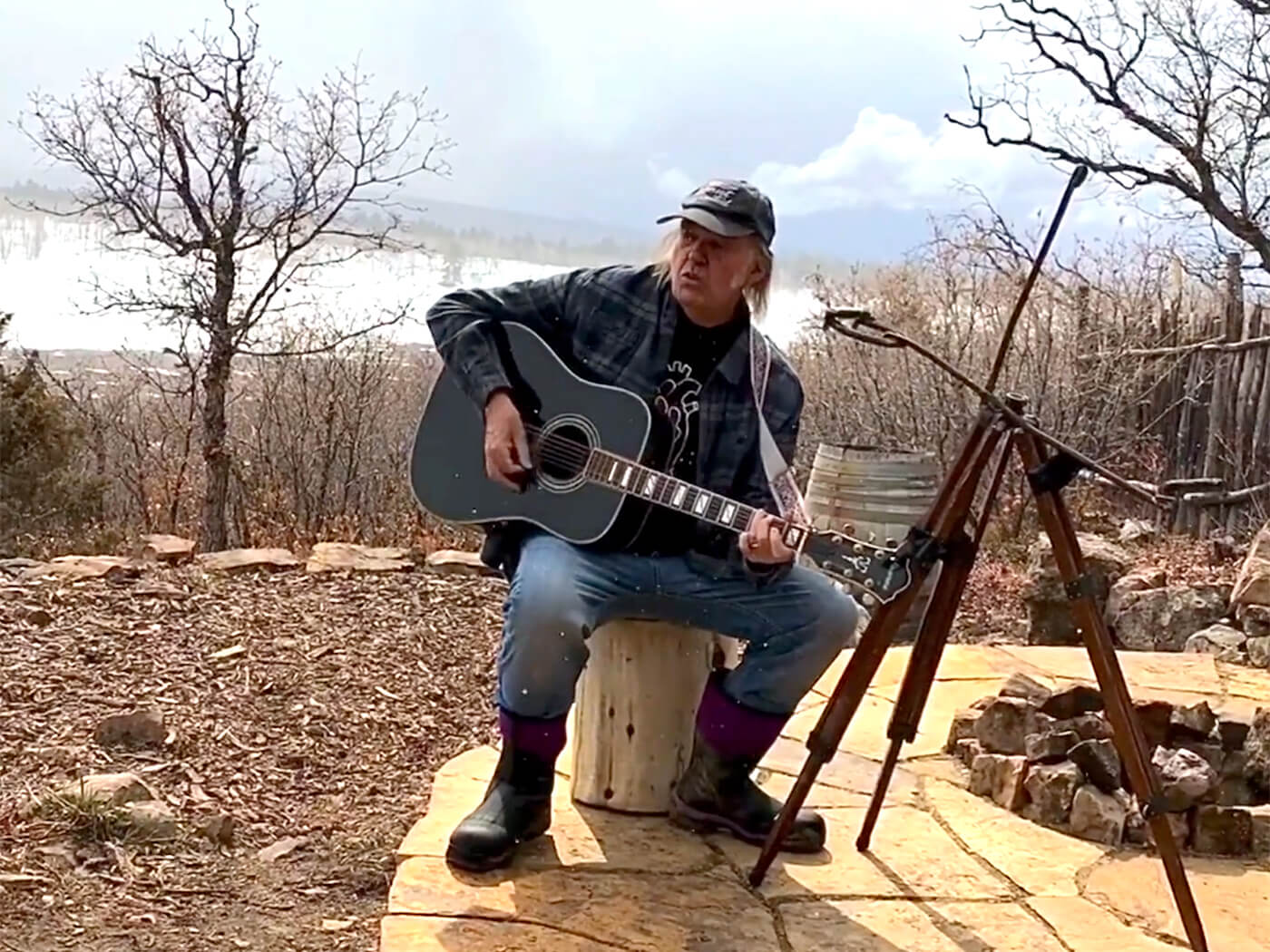It might be because of the album’s frequent references to water, but there are moments during Let It All In where Arbouretum gain momentum and start to sound like a river flowing steadily towards the sea, growing in speed and size. The Baltimore band have a unique cadence. They swagger heavily like an elephant doing the boogaloo, and on tracks like “Headwaters II” or the immense title track, they seem to be descending from the hills through the rapids towards the sea, unstoppable but always in control, like the outpour from a broken dam: fast, deep, majestic.
Arbouretum are led by vocalist Dave Heumann, who plays guitar and writes most of the songs and lyrics. Since 2011’s The Gathering, the band have featured a solid core of bassist Corey Allender, keyboardist Matthew Pierce and drummer Brian Carey. The sound this quartet have worked up over the past few albums on Thrill Jockey – The Gathering, 2013’s Coming Out Of The Fog and 2017’s Song Of The Rose (there have also been a handful of self-released records) – occupies unusual sonic territory that embraces both folk and heavier rock but doing so with a restraint and thoughtfulness that makes their music almost stately. You can usually hear traces of Fairport Convention and Crazy Horse at the heart of what Arbouretum do, but they are also aligned with a mix of contemporary artists like Woods, Wolf People, Wooden Wand, Earth and Kevin Morby.
The band used to be a little more wild and woolly but over time the frills that featured on their earlier, more folky, albums – Rites Of Uncovering (2007) and Song Of The Pearl (2009) – have been eroded, leaving them with a more focused core. This doesn’t mean that heavy jams and cool solos are off-limits – the album’s title song goes on for 12 minutes – but their music is loaded with a different kind of energy, one that comes from the tension of reining back a beast and refusing to indulge in showy overplay. To this central sound, Let It All In adds additional flavours: the honky-tonk swing of “High Water Song”, the transcendent Middle Eastern raga of “No Sanctuary Blues”, a brilliant medieval waltz called “A Prism In Reverse” and the synthy instrumental palate-cleanser “Night Theme”, which bobs along like something from Eno’s Another Green World. Adding pep are guests Walker Teret and Hans Chew, while drummer David Bergander joins Carey on almost every track, playing complementary parts that gives the sound of a four-armed drummer at a single giant kit rather than two drummers playing separately. This in itself is very Arbouretum: they always sound like a team.
The general consistency of the band’s approach over time means that three tracks on this album – “Headwaters II”, “ Let It All In” and “Buffeted By Wind” – were initially written and recorded in 2016 for Song Of The Rose. It scarcely seems credible that they could sit on a song as fantastic as “Let It All In” for four years, but it now emerges as the album’s krautrock-infused centrepiece with splendid groove that sounds like something by The War On Drugs or Black Mountain. “Let It All In” provided Heumann with something to write around, and the rest of the album duly come together. Some of Arbouretum hold down other jobs, so the band only tour when they have a record to promote. Instead of testing material on the road, then, they held weekly rehearsals for a year before hitting the studio, slowly and methodically putting together the songs one part at a time. You can feel the steadiness of this approach in the record’s atmosphere, where everything feels worked through but not so overplayed that it loses its lustre.
If Let It All In feels musically unified, it is supported by Heumann’s lyrics, which repeatedly circle back to elemental themes, particularly related to water. This interest in nature has been a feature of all Arbouretum albums, with Heumann reaching for metaphors that he feels will resonate deeper and longer. Similarly, he’ll often write about travel (in time as well as along roads and rivers), night, and rite and rituals. To take just a couple of examples, on The Gathering’s 11-minute “Song Of The Nile”, Heumann had a narrator “wandering down in Egypt, dressed in beggar’s clothes”, while Song Of The Rose’s typically slow-burning and graceful “Call Upon The Fire” offered a typical vision of a future where “rust has spread to everything/And weeds have choked the garden.”
Water and the sea dominate Let It All In. The album’s opening lines feature a man contemplating the ocean on “How Deep It Goes”, a CSNY-style folk rocker, and the album ends with the lines “Can’t fight the wind/Can’t dry the rain/Can’t reach the sea, except by following a stream down all the way to the end,” on “High Water Song”, a track that curls round Hans Chew’s country piano. In between we encounter creeks, lakeshore, “unwinding spools of rapids and pools” and a fair amount of rain. “Headwaters II” follows a river flowing through a timeless landscape, while “High Water Song” focuses on a narrator whose “low-lying town” has been washed away by floods and who is now trying to establish himself on higher ground among suspicious strangers: “Now I’m here singing this hill people song/You won’t get caught if you just hide your eyes when you sing along.”
Like the protagonist in “High Water Song”, Heumann’s characters often find themselves taking part in communal or cultish rituals. On “A Prism In Reverse” we are transported to colonial-era Pennsylvania where some sort of religious meeting is taking place involving singers whose voices join “like a prism in reserve”. Among the grey-robed group is a woman,
who seems to have joined them in disguise (“hair tucked under… gentle form obscured”) and who beckons the narrator into a “dark unending wood”. It’s a narrative marvel, economical and enigmatic, with just a trace of unsettling Wicker Man/Kill List folk-horror.
“No Sanctuary Blues” and “Buffeted By Wind” are less clear in their setting. “No Sanctuary Blues” has a restless narrator and meandering rhythm, with Middle Eastern flourishes laced with stabs at space rock. The unsettled singer wakes up “hearing war drums and feeling nearly dead” and ends the song confronting “gates of the sun and land of dreams” with Telesphorus, the Greek dwarf god of recovery from illness. By contrast, “Buffeted By Wind” unfolds in a clean but jangly tangle of guitar. It sounds like a Simon & Garfunkel track, and acts as a break between the twin gales of “Headwaters II” and “Let It All In”. It’s the latter that packs the most muscle, taking a minute to build up steam before Heumann’s vocal comes in.
The song was recorded with Bergander’s percussion ensemble Drums Of Life, while Pierce supplies a rich and sonorous organ part like something from Deep Purple. Heumann’s lyric – one of a handful written with his occasional collaborator Rob Wilson – spins round themes of trust and confusion, but as the music heads dynamically towards its conclusion, you feel as if you are in safe hands, a life raft bobbing on a wave of crushing power.


